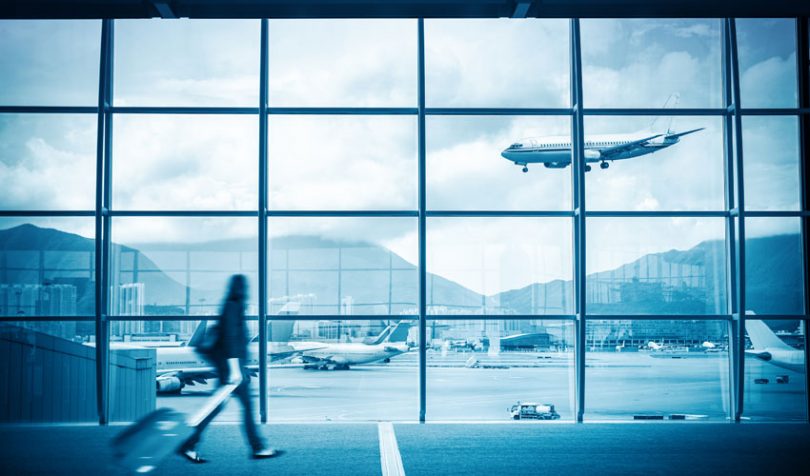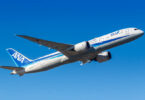Today the IATA published its blockchain whitepaper. The document explores blockchain, its potential and the challenges, though the focus is on public blockchains. It outlines a substantial vision in both breadth and depth.
IATA blockchain initiatives
Last year global aviation revenue was $754 billion and the total size of the travel sector is $2.7 trillion. The industry is international in nature and hence involves moving money around the world. The IATA operates IATA Settlement Systems (ISS) which enables the movement of funds between airlines and their travel partners. In 2017 the ISS settled $433 billion. Hence IATA is experimenting with a travel industry coin, IATA coin.
The IATA is working on an initiative to facilitate digital identities for agents, airlines, aggregators and passengers through its IATA Digital Certification Authority.
Additionally, the organisation is exploring how to reduce airline back office costs. Hence it’s looking at using smart contracts for procure-to-pay between airlines and airports, ground handlers and other airport service providers.
The Travel Grid is the biggest piece of the vision. In conjunction with commercial aviation partners, the IATA is architecting a Travel Grid which it compares to an appstore. It has a core blockchain platform that suports a token, smart contracts and identity management. And the ecosystem includes a ranges of apps including retail payment apps, apps for frequent flyer points, identity apps, b2b smart contracts, and tracking apps for baggage, cargo and spare parts.
Industry initiatives
Beyond IATA the whitepaper looked at the different types of applications appropriate in the sector.
Frequent flyer points is the first application mentioned. Several airlines have already started programs including Singapore Airlines’ KrisPay, AirAsia and Cathay Pacific. Some have questioned why a flyer would want to squander valuable points at retail outlets. The IATA suggests using blockchain for redeeming and sharing points across alliances. Loyyal is a blockchain platform that specializes in this sector.
Tracing baggage, cargo and spare parts is another application. At this year’s Farnborough Show, Thales and Accenture demonstrated a prototype for aircraft parts. Cargo and baggage tracking is appealing and likely far simpler. The IATA points out that using blockchain for tracking will help providers in dealing with disruptions.
Another major application is distribution and payment. Blockchain can help travel providers to collaborate and co-deliver travel products. One example is the recent announcement that Travelport plans to create a blockchain for specialist excursions. These “long-tail” activities would not usually be viable, but this will enable travel agents to sell them.
Blockchain can also improve the efficiency of distribution. Start up Windiing Tree has signed up several airlines to pilot its distribution platform which only charges basic transaction fees as opposed to significant commissions.
Self sovereign identity is a major blockchain application and this could be used for both passenger and crew identity management.
The IATA sees significant benefits from smart contracts across the Travel Value Chain. Companies that work with each other spend a significant amount of time on contract execution and monitoring as well as reconciliation, invoicing and settlement. Using smart contracts there’s massive scope for efficiencies.
This is just a brief summary of a substantial document.







